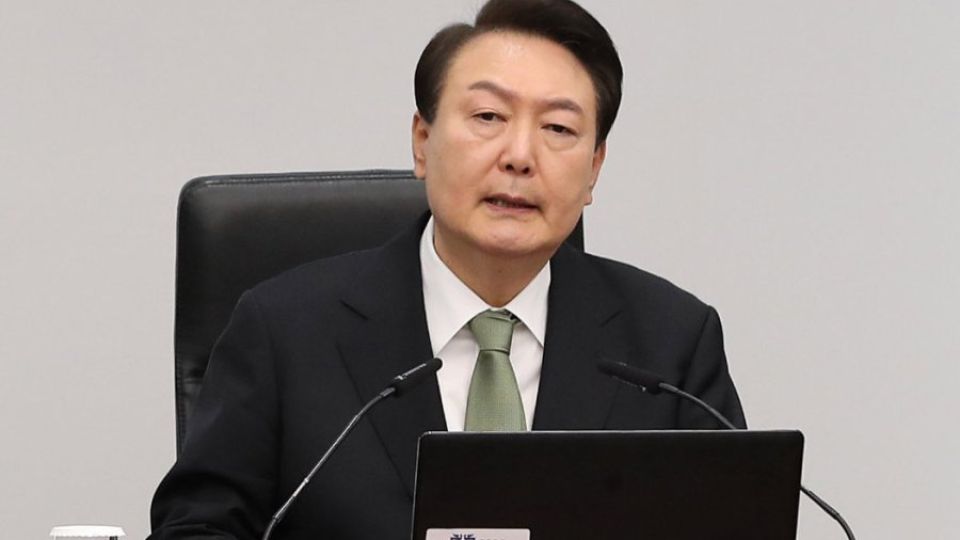May 3, 2023
SOUTH KOREA – President Yoon Suk Yeol said on Tuesday that South Korea should be grateful to the United States for the fact that Washington has been an important ally assisting Seoul’s development from the ashes of the 1950-53 Korean War, as he was speaking of his diplomatic achievements during his state visit last week.
“The 70-year history of the South Korea-US alliance is not a given result, of course,” said Yoon, who presided over the first Cabinet meeting after his state visit to the US. “If you have something to be grateful for, you should know how to say thank you.”
“The US was with us until Korea overcame the devastating scars and ruins of war, achieved today’s prosperity, and stood tall as the center of the world,” he said.
With the summit in Washington, South Korea and the US have built the five pillars of the security alliance, the industry alliance, the science and technology alliance, the culture alliance and the information alliance on the cornerstone of what he referred to as the “value alliance,” he said, calling it an opportunity for a future-oriented relationship between the people of both countries.
Regarding the Nuclear Consultative Group newly established with the “Washington Declaration,” he said, “It is more effective than NATO’s Nuclear Planning Group in that South Korea and the US meet more frequently and have in-depth, one-on-one discussions.
Yoon’s diplomatic achievement was echoed by other conservative experts in Seoul.
The Washington Declaration is an “upgrade for extended deterrence,” Chung Sung-yoon, a unification policy researcher at the Korea Institute for National Unification, said at a seminar.
“It is a new level of reassurance of extended deterrence from the US against potential nuclear attacks on an ally,” he said in the seminar held by Yeouido Institute, the ruling People Power Party think tank.
At the seminar, Lee Su-seok, a senior research fellow at the Institute for National Security Strategy, called for follow-up efforts from South Korean lawmakers to sustain the promise of the declaration.
“There needs to be legislative efforts to support the results of the South Korea-US summit, so that they are sustained beyond the summit,” he said.
While also touting the Washington Declaration as a step up in strengthening the extended deterrence strategy, Chun Chae-sung, a professor in Seoul National University’s department of political science and international relations, said it would have been better if the declaration had included a statement “signaling” that there’s also room for negotiation with North Korea for the complete denuclearization of the Korean Peninsula.
“It seemed the two leaders (Yoon and Biden) had no interest (in addressing the possibility of) negotiating with North Korea for the complete denuclearization of the peninsula. It would have been better if there was (a statement) signaling that extended deterrence is to assure (the allies’) defense, but is also for negotiation (that could entail possible measures for) incentives and the security of the regime,” he said.
During this visit, Yoon demonstrated a noticeably pro-US policy, which highlighted a more distant relationship with China and Russia. The task of repairing ties with these nations remains a challenge.
In his speech before the US Congress, Yoon condemned Russia’s attack on Ukraine. During a joint press conference, Yoon and Biden released a joint statement that strongly opposes any unilateral attempt to change the status quo in the Indo-Pacific, which could be seen as addressing concerns related to China’s actions in the area.
The alliance between Korea and the US holds significance, but it is important for Seoul not to prioritize it excessively, Chun said, adding that the country also has interests in its relations with China and Russia.


